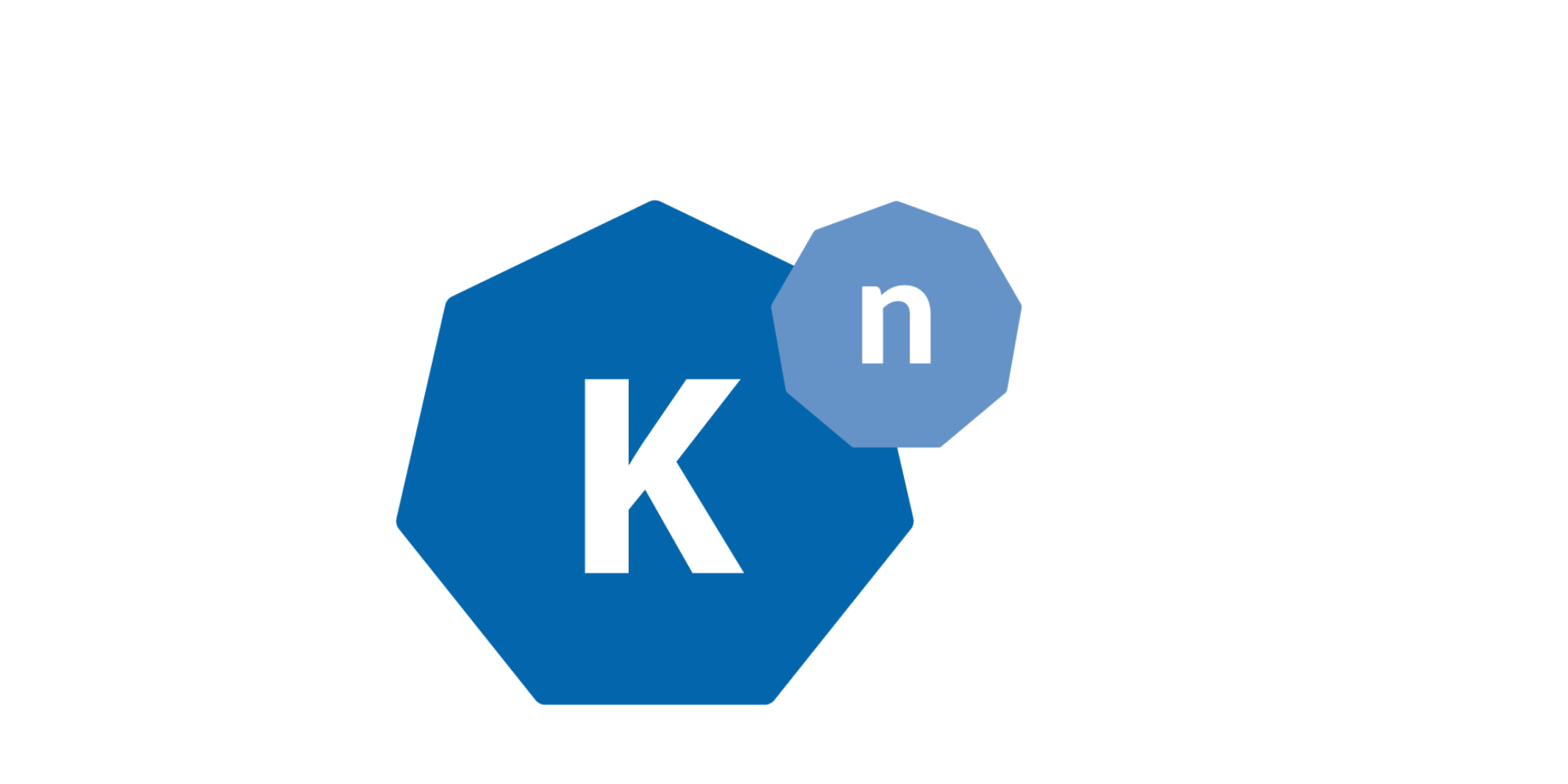 CLOUD
CLOUD
 CLOUD
CLOUD
 CLOUD
CLOUD
Google LLC is reportedly planning to relinquish direct control over its open-source Knative project to a five-seat steering committee that will have rules to prevent any single organization from having more than two seats.
The plan is designed to stymie criticism that Google is secretly planning to retain control over key open-source projects it has developed, according to a report today on the tech news website The Protocol. Knative is an open-source project first developed by Google that provides components for deploying, running and managing serverless, cloud-native applications on top of Kubernetes, a container management platform that was also built by Google and open-sourced in 2015.
Serverless apps automatically scale up and down in response to events without the need to spin up extra computing resources manually, leading to increased developer productivity and reduced operational costs. Knative was built to give companies a way to take advantage of the serverless model with container apps that can run on any kind of computing platform.
Google is planning to make some major changes to Knative’s governance structure, according to the report. Seats on the committee will now be held by individuals rather than specific companies, and elections will be held later this year to select two new members. In addition, the report said, Google is considering eventually expanding the committee to seven members as a way to include representatives from Knative’s user community.
The plan comes just a few months after Google angered some members of the open-source software community when it reneged on a promise to hand over control of another project, Istio, to the Cloud Native Computing Foundation, a Linux Foundation project that was founded in 2015 to help advance container technology.
In July Google said that it instead of transferring Istio to the CNCF, it would create a neutral organization called Open Usage Commons to manage its trademark policies, while control would be maintained by the project’s steering committee.
That decision upset many of Google’s partners, most notably IBM Corp., which has also contributed greatly to the development of Istio. Some said the move could even be a secret way for Google to retain control over the future direction of Istio. The problem, critics said, was that Google controlled a voting majority of the seats on Istio’s steering committee, something that unnerves open-source proponents who believe the neutrality of projects like Kubernetes is one of the main reasons for their success.
Google finally moved to calm those critics in August, announcing it would change Istio’s governance structure to prevent any one company from taking control.
Support our mission to keep content open and free by engaging with theCUBE community. Join theCUBE’s Alumni Trust Network, where technology leaders connect, share intelligence and create opportunities.
Founded by tech visionaries John Furrier and Dave Vellante, SiliconANGLE Media has built a dynamic ecosystem of industry-leading digital media brands that reach 15+ million elite tech professionals. Our new proprietary theCUBE AI Video Cloud is breaking ground in audience interaction, leveraging theCUBEai.com neural network to help technology companies make data-driven decisions and stay at the forefront of industry conversations.